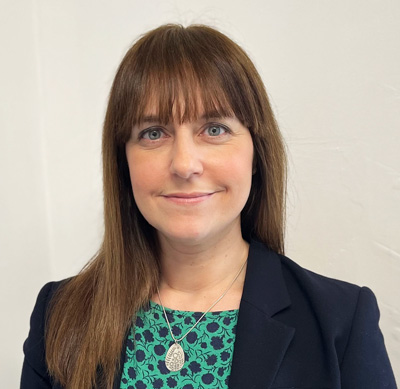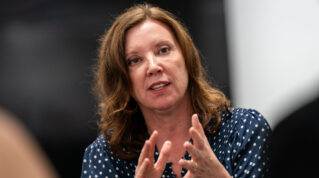Leading academy trusts are bidding to open their own alternative provision free schools to reduce exclusions and keep more children in mainstream education.
Delta Academies Trust is vying for four northern free schools to add to its two “good” rated APs, while Unity Schools Partnership in Suffolk wants to open its first AP.
Meanwhile, Dudley Academies Trust and its sponsor Dudley College of Technology want to open a new AP that will offer key stage 4 vocational courses as well as “turnaround” placements to get pupils back into mainstream school.
Ministers will now decide which of the 43 applications will be successful as part of its £2.6 billion capital investment to open up to 60 new special and AP free schools.
All bids have to be “partnerships” and involve at least one council.
The schools form part of the Department for Education’s SEND and AP improvement plan to deliver a more inclusive system and prevent exclusions. Ministers say that currently a “high-quality” AP offer “does not exist everywhere”.
The 53-school Delta wants to open three AP schools in Barnsley, Calderdale and Kirklees for 8 to 16-year-olds. A fourth in Stockton would cater for 11 to 16-year-olds. The four schools would offer 450 new places.
Its current Doncaster school, St Wilfrid’s Academy, is part of the DfE’s AP specialist task force programme. It pilots putting expert staff – such as youth and family workers – in schools.
‘We should offer high-quality provision’
Jo Pittard, AP executive principal at Delta, said Doncaster AP had helped to reduce permanent exclusions and reintegrate children back into mainstream education.
“We believe that, as educationists, we should offer a high-quality educational provision to support children who at some point in their adolescent life are vulnerable and often in complex circumstances, that are not of their making.”

Unity Schools Partnership wants to open AP for 7 to 16-year-olds in Suffolk. The area had a permanent exclusion rate of five in every 10,000 pupils in autumn 2019 – above the national average of four.
Tim Coulsdon, Unity’s chief executive and a former regional schools commissioner, said children who attend AP “often have to travel out of their local area”.
Dudley Academies Trust and Dudley College want to open a 125-capacity AP – called Horizon – for 4 to 16-year-olds in September 2025.
If successful, 70 places would cater for key stage 4 vocational subjects in engineering, arts, construction, business and ICT and health and sciences. Twenty-five places are already offered on the college’s 14 to 16 pathway.
The trust said this “bespoke” curriculum – taught by college staff – would “add considerable value” to local provision and offer pupils the chance to “dip their toe” in potential career paths.
It also would offer key stage 2 and 3 “turnaround placements” of six to 12 weeks, including support from in-house counsellors, to get pupils back into mainstream.
Staff would also support teachers in local mainstream schools to keep “challenging” children in their classrooms.
‘We could do something really powerful’
Jo Higgins, the Dudley trust chief executive, said APs tended to commission places at local colleges, whereas its model meant the college had direct involvement.
“It provides us with the opportunity to develop a blueprint for AP nationally around a powerful engaging curriculum. We believe it could do something really powerful for this borough.”
In Worcestershire, Severn Academies Educational Trust wants to open The Phoenix Academy for 11 to 16-year-olds. It will develop “goals” for reintegrating into schools through a “rigorous induction and assessment process”.
Adrian McLean, director of inclusion and safeguarding, said it hoped this would “remove the blockage on AP places” where students were referred and placed “indefinitely”.
The Department for Education will prioritise applications in areas with no ‘good’ or ‘outstanding’ AP schools, or where no AP schools exist.
Applicants must also show the free school would reduce a council’s high-needs deficits and “contribute” to the wider aims of the SEND and AP reforms.
Successful bids will be announced in early autumn.









Your article states
“The Department for Education will prioritise applications in areas with no ‘good’ or ‘outstanding’ AP schools, or where no AP schools exist”
If that is the case why have the Severn Academies Trust applied to open a new AP school when there is an Ofsted graded “Outstanding” 11-16 Alternative Provision School (ContinU Plus Academy) literally 300 metres from their offices?
Something not right here as the DfE must know?